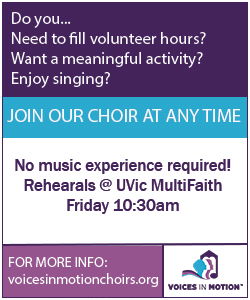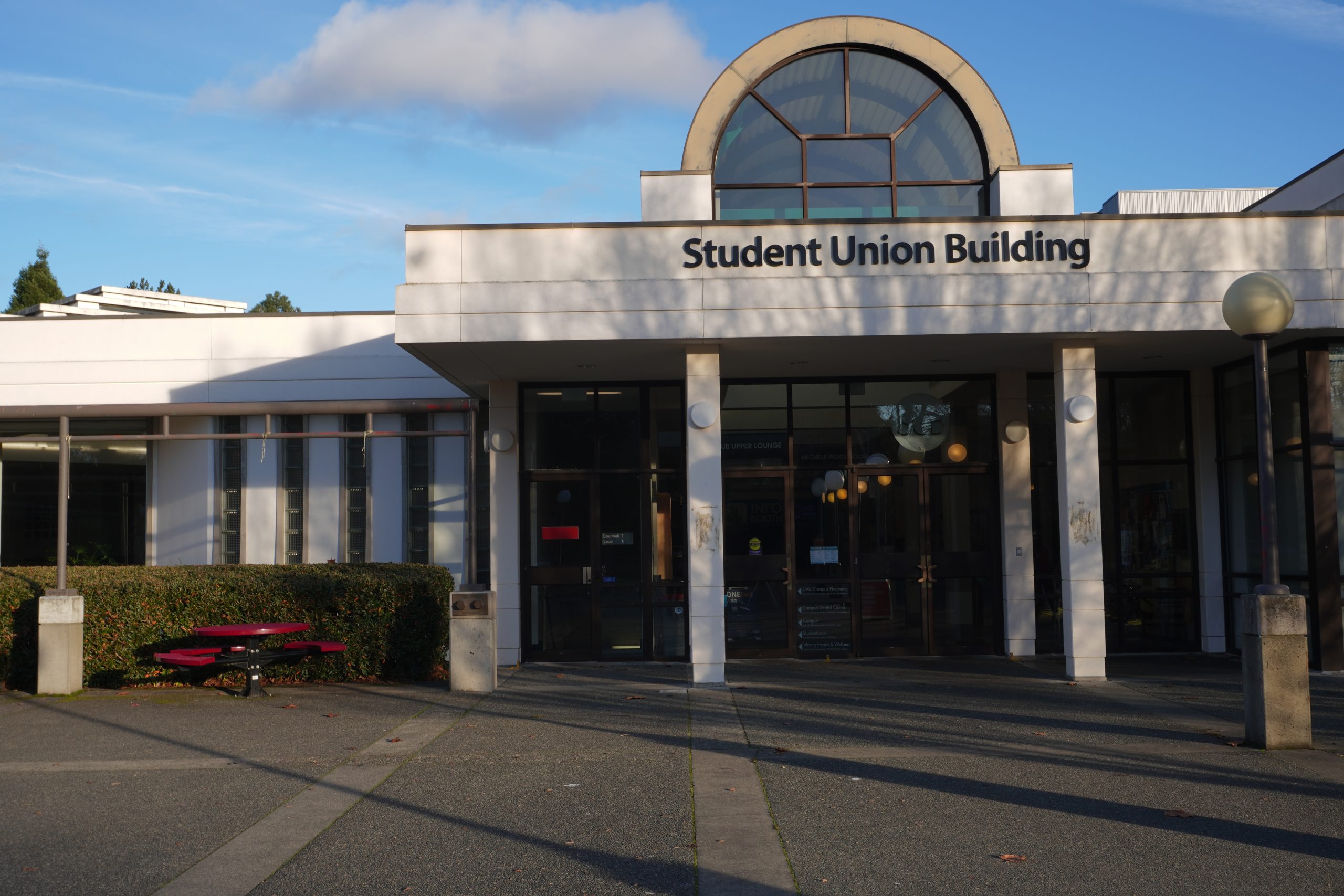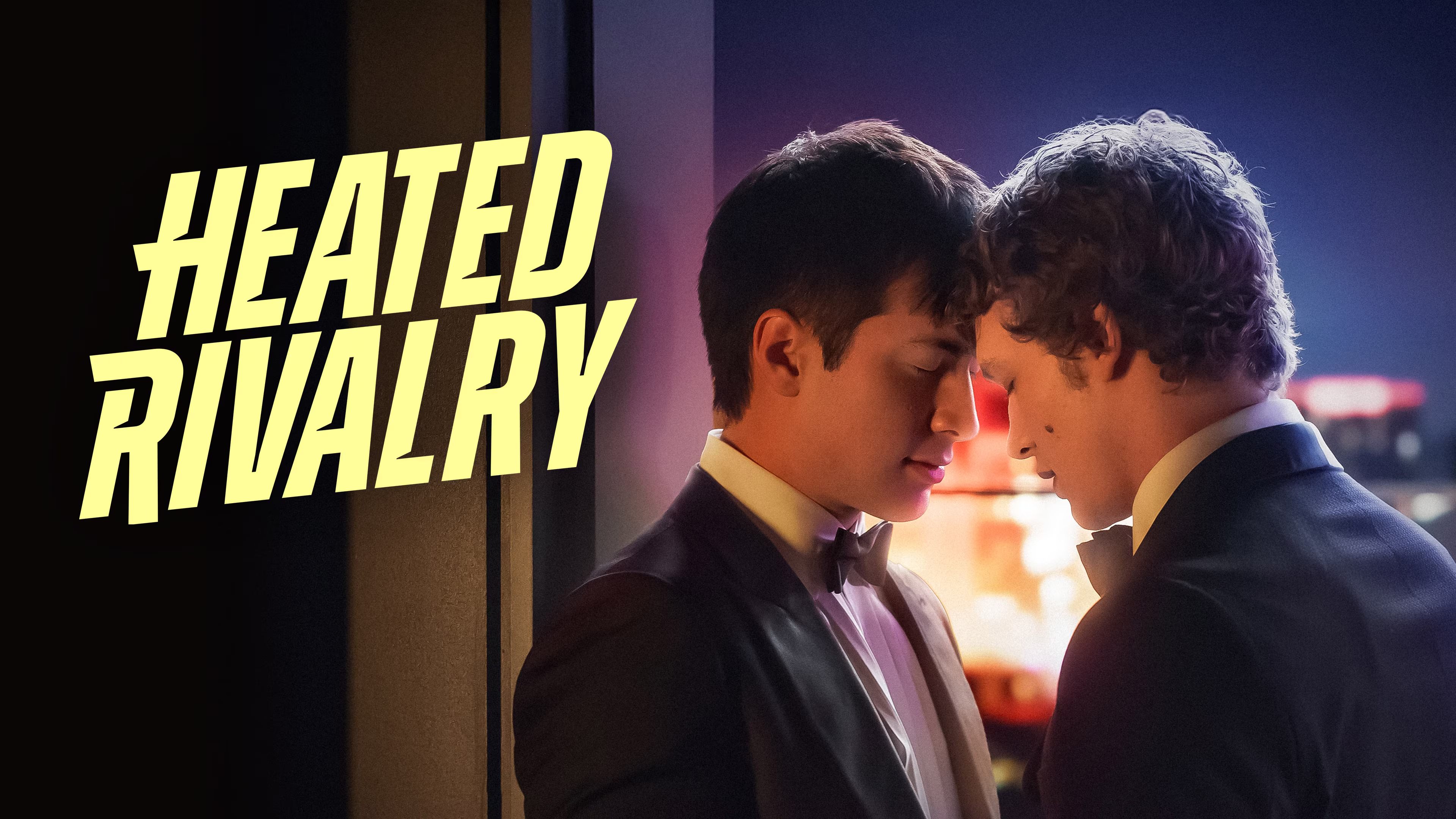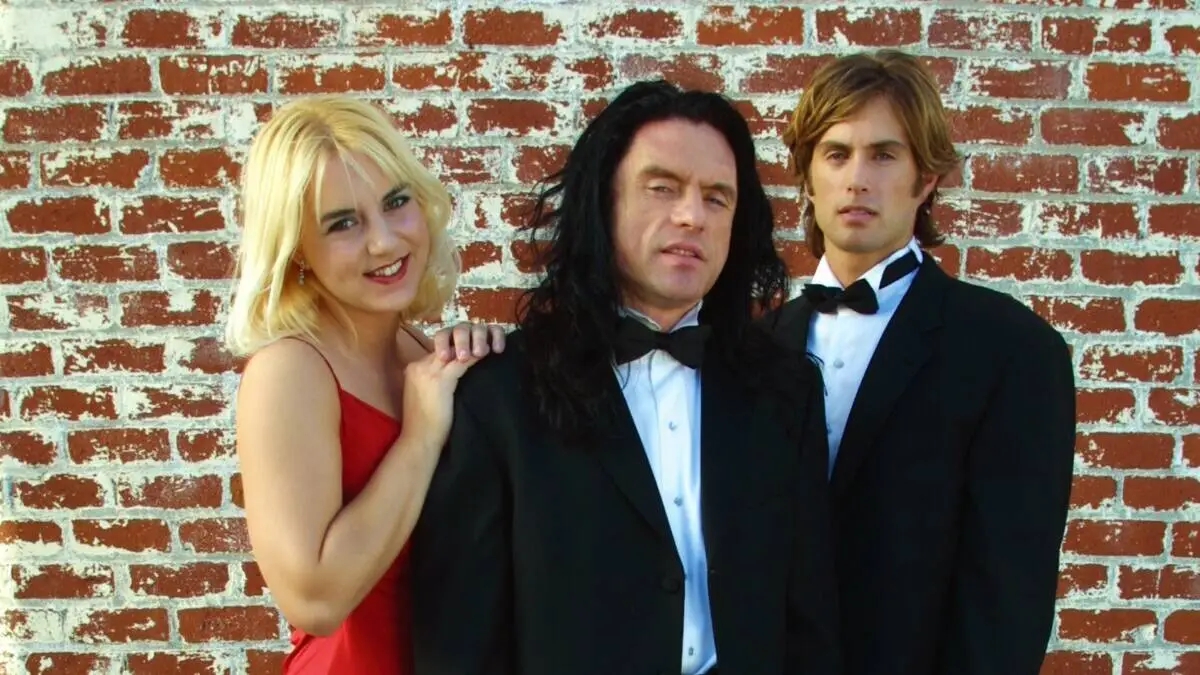The Martlet spoke with Dr. David Suzuki ahead his speaking event in Sidney on May 30 to get some insight into his latest book, Letters to My Grandchildren. During the interview, Suzuki talks about youth participation in voting to take back democracy and elder involvement to help resolve the climate crisis in Canada. He is currently on a tour of the B.C. coast for a film he has commissioned on climate change but will resume his book tour for the last few weeks of June.
This interview has been edited for space and clarity.
You’ve been campaigning and presenting information to the public about environmental issues for many, many years. Why do you think that after all this time people still don’t get it and not putting it as a top priority?
I think part of the blame for it lies with the environmental community. The movement was very, very successful in these last couple of decades after Rachel Carson’s book in 1962. She wrote a book called Silent Spring, which is all about the unexpected effects of pesticides, and that kicked off the modern environmental movement. When her book came out, there wasn’t a single department of the environment in any government on the planet. The word environment just didn’t mean anything until her book got people thinking, “Oh my god, the air, the water, the soil is being affected by what we’re doing.” Because of her we have departments of the environment at the federal, provincial, [and] municipal levels. We have laws to protect air, water, endangered species, and we have billions of hectares of land protected in parks and reserves. So the environmental movement was very, very successful in the first few decades.
But the thing that distresses me is I find we are still fighting the same things we thought we won thirty to thirty-five years ago. I was involved in fighting against the dam in Site C on Peace River thirty-five years ago; we fought that and we stopped it. There was a proposal to bring super tankers with oil from the north slopes of Alaska to the BC coast [and] down to Seattle to be refined. David Anderson was leading the BC liberal party — but the liberals were real liberals — and he fought it and he won. There was a proposal to drill for oil in Hecate Strait and we fought that and stopped it. So all these [battles] are being repeated again and that’s why I say these environmental movements failed. We thought each battle was the issue: stop clear-cut logging here, stop building this dam here, [and] stop polluting air. We didn’t really say, “Look, the reason we’re fighting this is because we’re polluting the air, we’re destroying the earth, we’re upsetting the ocean’s balance.” We didn’t fight within the context of a much bigger picture. [It] was always on that local issue so we didn’t change the human perspective that was causing the problem in the first place. That is what I feel is the failure of the environmental movement — that we didn’t educate people on the simplest things. The problem when you get into an environmental battle is that each side is lined up and then it’s a matter of who is going to win or how do we compromise. I would rather have an issue raised where we all get together and say, “Look what can we all agree are the most important things?” Once we have a platform of agreement then we can go on to say, “Well, should we log here? Or should we fish here?” We have to be in agreement first.
Even with the amount of access to information with the internet and television, and with so many people seeking educations, why do you think we are not paying enough attention or giving these basic necessities enough consideration?
That is really a great question. The average person with a laptop has access to more information than any generation in human history. We can access every book in the national library in the United States. It’s unbelievable! Unfortunately, the vast bulk of information is now about pornography, buying stuff, or just garbage. The problem is we are not selective. What we do now is go and select information that already supports what we believe. So if you want to believe the Earth is flat, guess what? There is a Flat Earth Society with a website. Do you want to believe that God created the Earth in seven days and that was four thousand years ago? There are all kinds of creationist websites all over the place. You want to believe in the Bermuda Triangle, the pyramid power—all of that stuff is out there! So you never have to change your minds — you just have to find the right website to support whatever you want to believe. That is what I think is happening today. We come through life, we develop certain prejudices and beliefs, and we are not interested in changing those beliefs when we’ve got so much information out there that supports what we believe.
What are ways we can start to get this information more available to the public, and most importantly to the youth?
I think that is really the critical issue now. We have a government that for ten years has willfully ignored the important issue confronting Canada today and that’s the impact of climate change. Now if you’re the head of a corporation and you deliberately ignore information that’s relevant to the way you’re being [the] CEO of a corporation, you can get thrown in jail with what’s called willful blindness. Now I accuse the government of willful blindness in its pursuit of the goal of becoming a petroleum superpower in the world. They have deliberately ignored this issue and that confronts us with the most important challenge we face: we cannot tolerate having that kind of government any longer if there’s an election coming up in October or November. Young people have everything at stake in this election and they have no choice, if they care about the future we are going towards, but to become involved.
Now I know that as a group, youth are avoiding voting and I can understand why. For one, when they’re children, they are not on the political agenda because politicians, once elected, the primary concern is getting reelected. That means doing things that matter to people who are going to vote in the next election. Kids don’t vote so they are not on the agenda. So when people become of voting age they understand that young issues for youth are not on the agenda. I think that’s why they’re tending not to pay attention and aren’t voting. It doesn’t mean they aren’t interested. There are all kinds of youth groups now — like [Youth for Climate Justice Now] — and they’re trying like mad.
I think the challenge is twofold. One is for you young people who are not ready to vote — you’ve now got to recruit the two most important people on the planet and that’s Mom and Dad. You have to convince them that this next election is critical to your future and they have got to become warriors on your behalf. They’re the one who have to go to all candidate meetings and say, “What does your party say about climate change? Why aren’t you doing anything to reduce our greenhouse gas emissions?” They have got to make it something that the politicians know people are going to vote on. Harper so far has avoided having to be confronted by questions on climate change. It’s incredible! He does it by making his environment ministers carry the load and brag about, “Oh, Canada is leading. We’ve got these great targets to reduce emissions and we’re leading the world with our“ — I mean what a bunch of nonsense, but Harper doesn’t say it. It’s his environment ministers who are totally useless.
We’ve got to demand that these questions become a huge part of the political agenda. So, what I say is: young people have the most at stake. What is and what is not done in the new administration will have almost no impact on me because I am an old man, I’m going to kick the bucket, but will have an impact that will reverberate through the lives of all young people. We cannot ignore the climate change issue any longer. It’s just intolerable because it’s sacrificing your future for the sake of immediate economic times. So recruit Mom and Dad; they’ve got to be outspoken ecowarriors on your behalf.
The second thing is for those of you who are ready to vote: you’ve got to go out and start recruiting youth. You’ve got to start raising issues. Young people have to be involved very heavily in the political process. I also think you have every right to find out, where is Mr. Harper, where is Mr. Trudeau, where is Mr. Mulcair this day, and organize and go and confront them. Make them answer the question that you want them to answer. That’s your right and I think young people have the time, the energy, and everything at stake. So go for it. I would also try to recruit — to support youth — retired people, retired corporate executives, [and] retired politicians. People who have gone through the system, are no longer in it, and don’t have to worry about pissing people off, and get them to tell the truth. Get elders to come together with young people and tell the truth. And then youth can give the muscle and the energy to really be out there. We’re getting [ready] now for an election, and I know that the summer is coming but young people have to get heavily, heavily involved for their own sakes. They have to be involved. We have a democracy and when young people aren’t voting — with forty to forty-five per cent of Canadians not voting — we don’t have a democracy anymore. So we have got to get out there and reclaim democracy.
So given the pace of change, the rapid acceleration of technology, population, and consumption of goods that you brought up in your book, why do you think that society is so reluctant to accept the consequences of this acceleration?
I don’t know the answer to that. I think people, especially young people, are entertaining themselves to such an extent they can ignore everything. The Internet is a very attractive place to get into. The average child today in Canada spends eight minutes outside and over six hours a day in front of a screen: television, computer, or iPhone. So we’re not even getting outside. Why should we [care] about the environment if we’re not out there anymore? One problem is our perceptual problem that we’re no longer, in a city especially, out there seeing what’s going on in the world or aware of why it matters to us.
As a twenty-year-old myself, it’s my generation that will have to accept the consequences regardless of whether current society does. So how do you think our elders, a topic that you just brought up and you bring up plenty of times in your book, how do you think they can help us not only accept but change, deal with, and improve it now?
Not only how can they — they have to help. Our generation, my generation, and the boomers that followed, we’re the ones that partied as if there was no tomorrow. We never worried about the consequences. It was just, “Ah the economy is growing! I can get a bigger house, buy a fancier car [and] fashionable apparel.” We got hung up with all that stuff and now we’ve created a huge mess. Well I don’t think it’s fair to say, “Oh you kids, you’re more aware of these problems. You’re going to do a better job.” What the hell? We screwed it up! The fact that kids are more aware [is] not an excuse for us to do nothing. We’ve got a job and an obligation now to really start telling kids what really matters. Someone said to me this morning, “Well, I’m going to tell kids the things that are better in their lives that are way better than when you were a kid.” And I’m saying, “There’s nothing in their lives here that I think is better than when I was a kid.” Yeah, they’ve got iPhones and iPads and laptops and downloads and all that fancy stuff, but guess what? I don’t think that really matters very much in terms of the quality of my life. The world was much richer in clean air, in clean water, in forests, in diversity of animals and oceans, far more than anything that we have today. It’s up to elders, as a living record of those changes, to start telling people what it was like and what we’ve got to start trying to bring the planet back to. Elders have got to get out there and start talking to young people.







